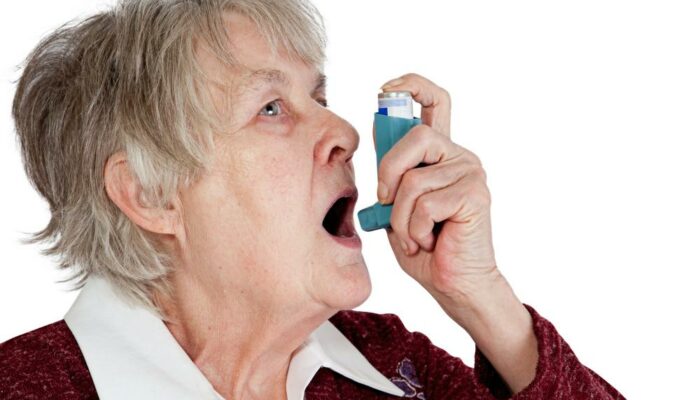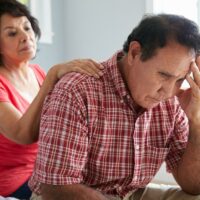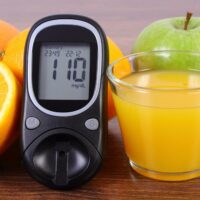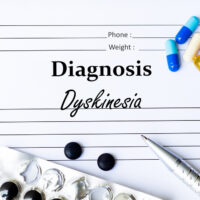Useful Running Tips for Every Age
One of the best cardio exercises, running has a positive effect on every part of the body. According to a research paper published in the Journal of the American Cardiology, running for only five to ten minutes at the speed of 6 miles/hour daily can minimize the risk of life-threatening conditions. Furthermore, it also benefits the mental health by improving your mood and relieving stress. If you are preparing to adopt a running routine soon, then here are some useful tips that can help make your fitness endeavor safer and efficient- Pick the right running shoes Running for beginners in the first few days can be strenuous. Therefore, it is important to invest in running shoes of the right size and design. Wrong running can lead to major leg injuries. Likewise, wear clothes that are made of light and breathable fabrics. Start slow If this is your first attempt towards becoming a runner, then you should take it easy. For example, instead of running right away, initiate your regime with a brisk walk. After a certain distance, get down to running. Do this until your body gets accustomed to the routine. After your body has built an adequate stamina for running, you can gradually let go of the brisk walks.
Read More 











